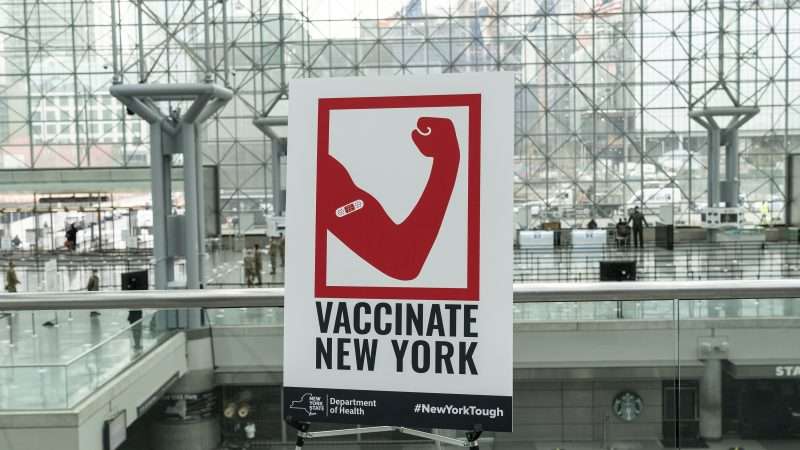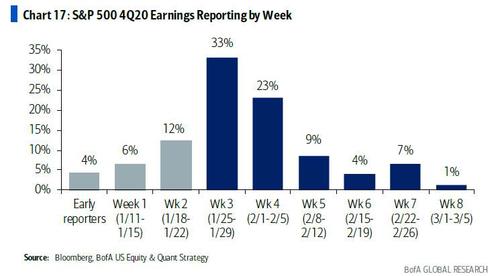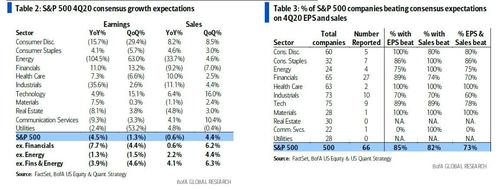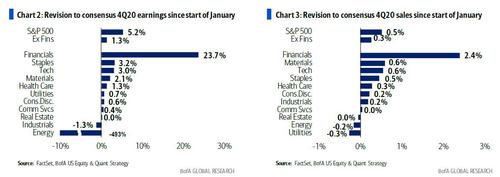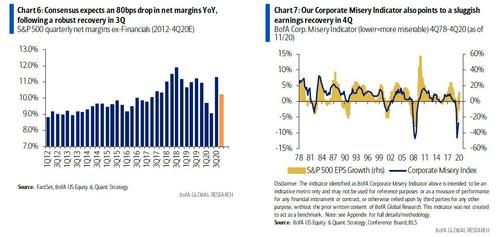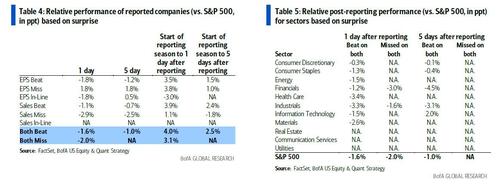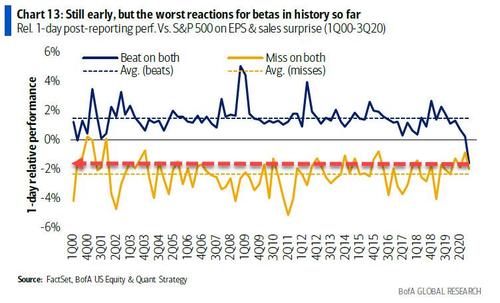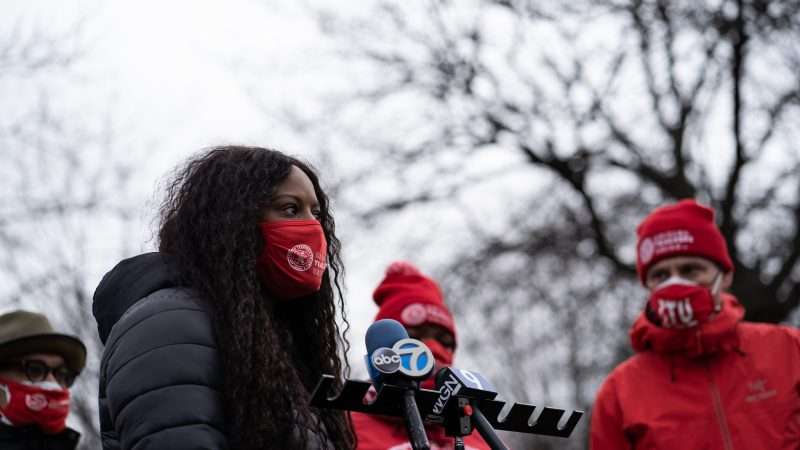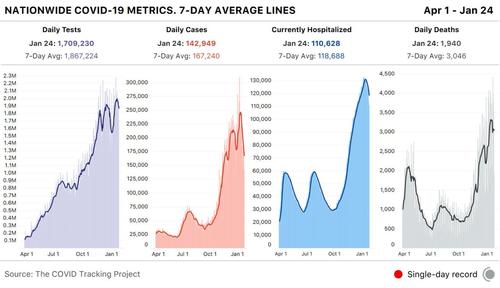I imagine there are countless people right now who feel a wide range of emotions when it comes to Big Tech companies. Anger. Disgust. Confusion. Fear.
We’ve watched with exasperation as Google, Facebook, Twitter, YouTube, etc. have systematically squashed intellectual dissent; their actions have been so commonplace that there’s even a name for it: “De-platforming”.
We all know there’s a ton of garbage on the Internet, including from mainstream sources.
But de-platforming has proven to be wholeheartedly biased, totally arbitrary, and often comically ridiculous.
This isn’t just about the election or the Capitol. For example, if you dare utter a word on social media that goes against the infinite and infallible wisdom of the Chinese-controlled World Health Organization, then you might find yourself banned.
YouTube even suspended a renowned epidemiologist– a bona fide pandemic expert– because he opposed lockdowns and was hence ‘dangerous’.
Facebook censored more than 22 million posts in Q2 of 2020 for ‘hate speech’. Naturally, its entirely up to Facebook to define hate speech and judge whether or not you’re using it.
#killallmen, for example, is NOT considered hate speech. And even by the company’s own admission, hate speech against men, or white people, is a low priority.
It’s clear these companies have an enormous amount of unchecked power. They have the ability to erase you from the Internet, destroy your reputation, and, if you’re someone who makes money online, terminate your livelihood.
But the only reason they have this power is because we’ve given it to them. Hundreds of millions of people have intertwined their entire lives into the Big Tech ecosystem, to the point that they know absolutely everything about us.
People post practically every detail of their lives on Instagram. They tell Zuckerberg what they like and dislike on their Facebook profiles. They tell Jack Dorsey what they believe in on their Twitter feeds.
They give Google free license to spy on every single email that’s sent or received; Google even keeps track of the things that you buy, archiving receipts from online purchases in your inbox and aggregating all of it into your advertising profile.
Through its Maps, Drive, and Calendar applications, Google has access to our schedule, our location, and our confidential files.
They know what we’re searching for. They know what we’re saying. They know what we’re doing.
And at a certain point, a rational human being might be compelled to say “enough is enough”. How can anyone possibly trust these people with their data anymore?
The good news is that there are tons of solutions.
In fact, distancing yourself from the Big Tech companies is one of the easiest ways you can declare your own independence and regain a bit of freedom and security. Below I outline a few options to consider:
1. Absolutely use a VPN
Your device, whether your mobile phone, laptop, or even smart TV, has an IP address, and it’s something that the tech companies use to track you.
Whenever you go to Google’s homepage to search for something, for example, Google already knows it’s you.
And many websites around the Internet will track you by IP address, often sharing this information with Google, Facebook, etc.
Using a VPN helps create anonymity online because you’re no longer accessing those websites from your own IP address.
Right now, for example, even though I’m sitting at home in Puerto Rico, I’m using a VPN service and accessing the Internet through a server in Panama. So any website I visit thinks that I’m in Panama.
There are several VPN providers which, as a policy, do NOT keep logs of their customers’ activities, including VyprVPN and NordVPN.
2) Change your search engine
There’s more to the world than Google search, and plenty of other search engines exist which won’t spy on you. Among them– DuckDuckGo, which is based in the United States, and SwissCows, which is based in Switzerland.
3) Change your web browser
If you use Google Chrome, chances are pretty good that your browser is constantly feeding data back to the mother ship. Everywhere you go on the Internet, Chrome is telling Google about it.
But there are plenty of other browsers out there which are far more privacy oriented. “Brave” is one such browser; it’s open-source, which means that its source code is freely available. And it is automatically set up to block trackers and ads to help protect your privacy.
If you do those three things: VPN, change your search engine, and change your browser, you will take a giant leap forward in distancing yourself from Big Tech.
Those three steps will make it much more difficult for Facebook and Google to track you. But here are a few more to consider:
4) Consider more privacy-oriented chat applications
In a couple of weeks, WhatsApp (which is owned by Facebook) will force all users to accept its new privacy policy. Among other things, this means that ALL of your contacts will be shared with Zuckerberg.
There are better options– like Signal. Signal is ultra-secure, built for privacy, and its source code is open source. There are versions for iOS, Android, PC, Mac, and Linux.
5) Ditch Gmail
You might think that Gmail is free, but you’re paying for it with your personal data.
Google’s algorithms automatically scan every incoming email and mine data about you, all of which ends up in your advertising profile.
There are plenty of other services to use, free and paid. If you’re interested in encryption and security, you might consider Switzerland-based ProtonMail, or Iceland-based CTemplar.
There are endless possibilities to reduce Big Tech influence in your life, and these suggestions barely scratch the surface.
More advanced readers might ditch their operating system altogether for an open-source Linux distribution, or even load a custom ROM on their phone to replace Google’s Android.
For now, start small. These suggestions above are easy steps to get started, and they’ll make a huge difference.
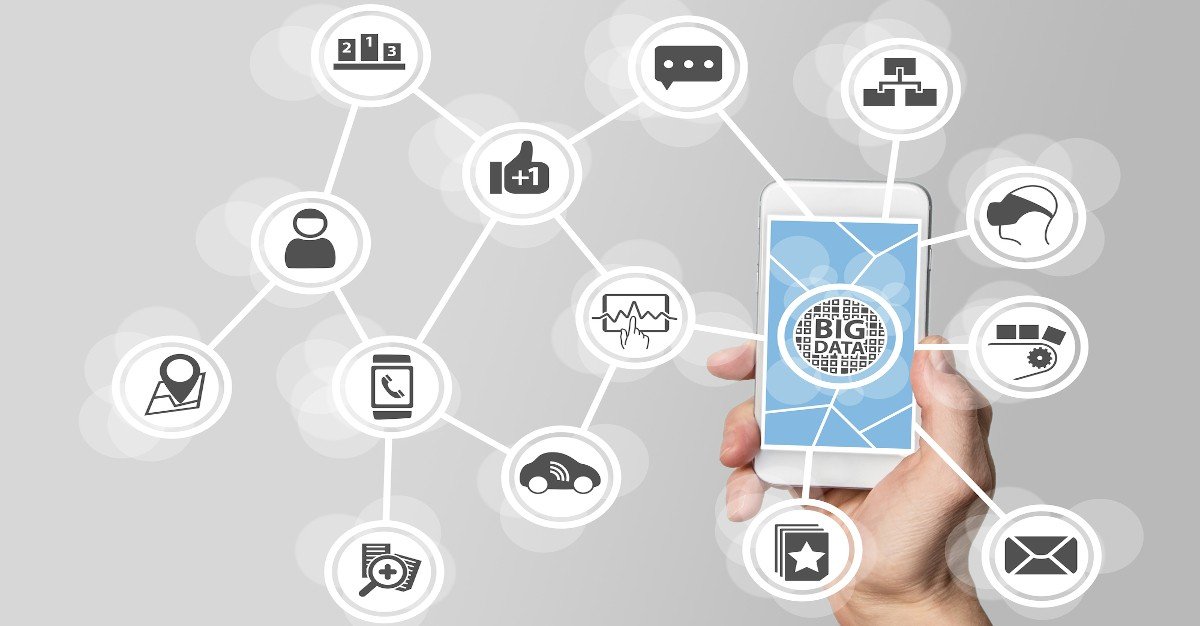
Source
from Sovereign Man https://ift.tt/3iRFpfl
via IFTTT


